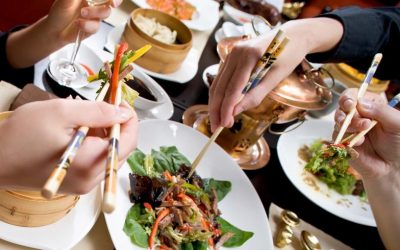Have you ever struggled with ordering food delivery in China? Were you intimidated and afraid that you will not understand what delivery services are saying In Chinese and you will just have to hang up? Did you ever try to explain your address to delivery guys but with no luck? Worry no more. Equip yourself […]
Posts by Ivan Cao
Latest Posts
7 Basic Chinese Adverbs
Chinese is a rich language, and it has a lot of adverbs that you can use to add a different degree of emotion to adjectives. Add these 7 most popular Chinese adverbs to your toolkit! 1. “Very” | 很 (hěn) 很 (hěn) means “very”, and it is the most common adverb that is often not […]
Ways to Say “Can See” in Chinese: 能看见 vs. 看得见
If you are a beginner or intermediate Chinese learner trying to learn Chinese grammar, you might get confused with words and structures that seem to have the same meaning. How do you tell the difference? And how do you choose which one is correct? Don’t worry! We are here to help. In this article, we […]
More Posts

Words for “Time”: Difference between 时候 (shíhou) and 时间 (shíjiān)
Do you know what’s the difference (区别 qūbié) between 时候 (shíhou) and (时间 shíjiān)? As both of them denote “time”, these words seem a little bit confusing, don’t they? Let’s have a look at their specific meanings and learn them once and for all! In Brief First, read the examples which can show their main […]

What Food Chinese People DON’T Eat?
Chinese food is famous for its diversity. Foreigners are often surprised by what Chinese people eat. They didn’t even realize the existence of some of the ingredients used to make Chinese dishes. However, there are things that Chinese people would show no interest in including into their daily meals. But they are actually pretty popular […]
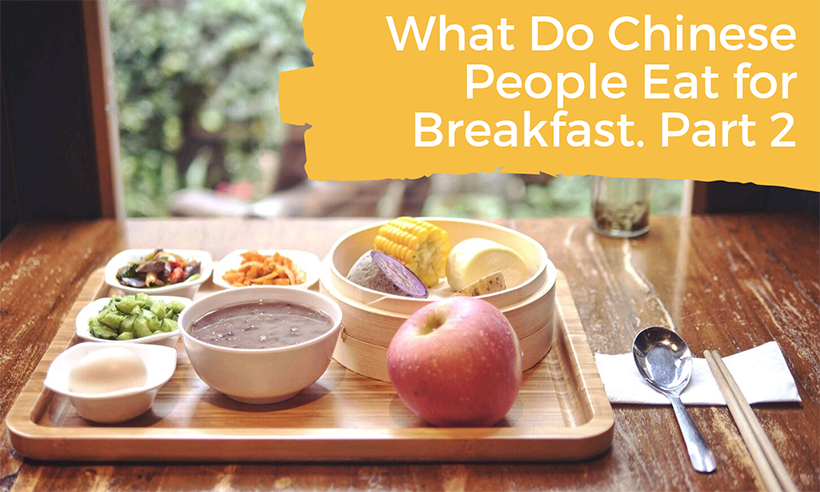
What Chinese People Eat for Breakfast (Part 2)
What Do Chinese People Eat for Breakfast? Food culture is an indispensable part of Chinese people’s daily life. Color, smell, and taste are the three elements which play an important role in Chinese cuisine, and even a simple Chinese breakfast would incorporate all these three elements. It’s Part 2 of our small journey to Chinese […]
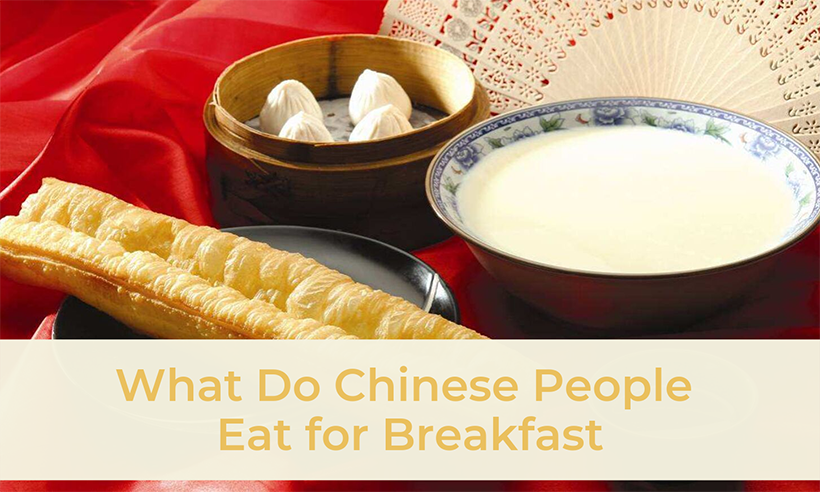
What Do Chinese People Eat for Breakfast?
What do Chinese usually eat for breakfast? It’s true that a good breakfast will provide you with enough energy and consequently help you concentrate on your work. Chinese people are considered hard-working and diligent, and it’ll be interesting to find out what Chinese people eat for breakfast to keep themselves vigorous all day long. The […]
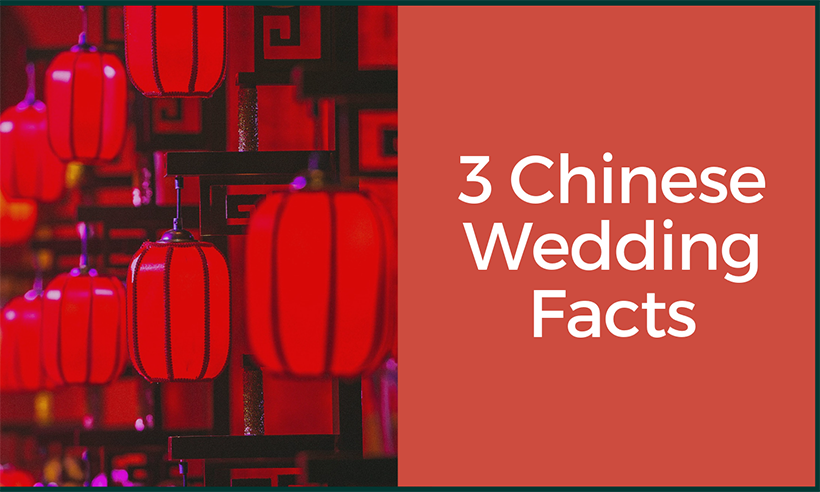
3 Chinese Wedding Facts Explained
Superstition, honour and tradition all play their part at a Chinese wedding. Here’s 3 Simple Facts About Chinese Weddings to keep you in the know. Unfortunately, nowadays in China, especially in the cities, a traditional Chinese wedding can hardly be seen anymore. In modern society, weddings are usually celebrated by gathering bride and groom’s friends […]

3 Ways to Use 的 (de) in Chinese Language
3 Ways to use 的 (de) in Chinese Language Today we are giving beginners and elementary Chinese learners a mini-lecture on 3 ways to use 的 (de) in Chinese language. Well, if you think “的(de)” is only needed to form possessive pronouns like “my” and “your”, I’m afraid you underestimated the “ability” of this character. […]

5 Ways to Ask a Special Question in Chinese
In our previous article, we have explained how to ask a general question in Chinese. However, that’s not enough to get by when it comes to studying or living in China, therefore this time let’s take a step further and learn 5 ways to ask a special question in Chinese like “What are you doing?”, […]

3 Ways to Ask a General Question in Chinese
A yes-no question represents itself as a grammatical structure, the answer to which is expected to be either yes or no. Questions like “Are you Jason?” or “Do you like China?” are considered to be typical yes-no questions, which means they are very often used in our daily communication with other people. In the Chinese […]
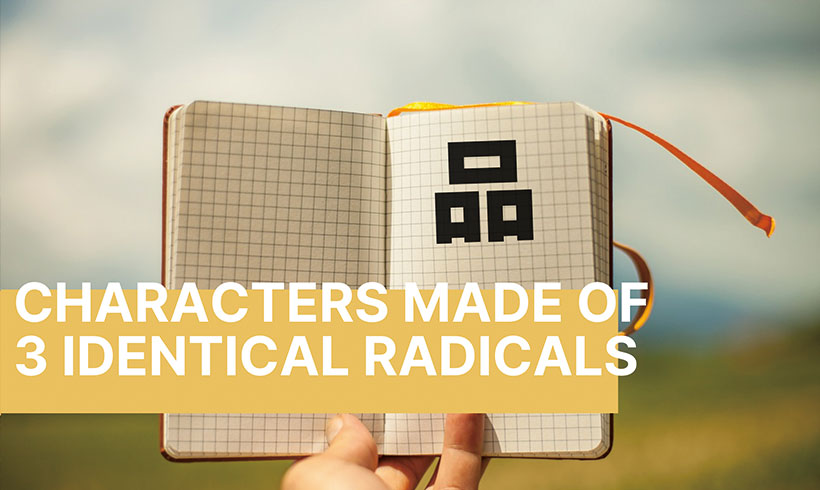
Characters Made of 3 Identical Radicals
There is a special group of Chinese characters which consist of three identical parts. This character structure is called 品字结构 (pǐnzì jiégòu). In general, these characters are rarely used in daily life, and mostly seen in ancient Chinese literature. However, there are still some characters which people come across fairly often. In this article, we […]

Chinese Shopping Vocabulary
As shopping plays such an important role in Chinese people’s daily lives, it’s not surprising that there are several ways to say “shopping” in Chinese. In this article, we take a look at 4 most popular Chinese words and phrases related to shopping! Chinese Shoppers These days, tourists from China can be seen everywhere […]

3 Ways to Say “Change” in Chinese
In this article, we will have a look at three common ways to say “change” in Chinese. Chinese Paronyms In any language, a paronym is a word which shares the same root with another word. To a certain extent, paronyms could be considered as synonyms since they are linked to each other by similarity […]
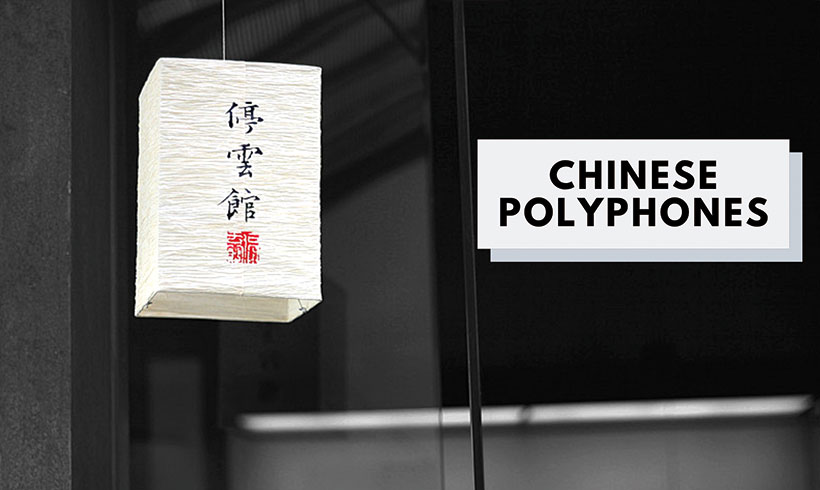
Chinese Polyphones
Chinese learners often struggle with polyphones – characters with two or more pronunciations. In this article, we will look at 5 common Chinese polyphones. Chinese Polyphones: One Character, Two Meanings In simple words, polyphones are Chinese characters which, depending on the context, have two or more pronunciations. Chinese polyphones often make a sentence (or even the […]
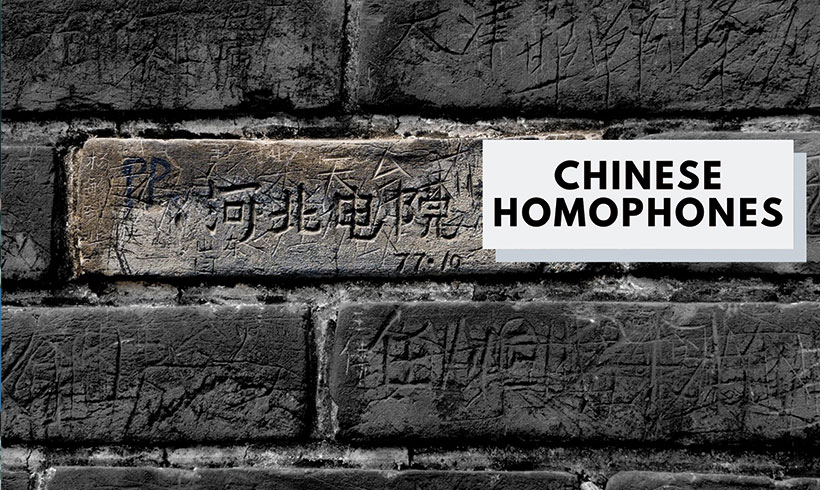
Chinese Homophones
Very often in Chinese, you will come across words that share the same pronunciation, but are written using different characters – the so-calles Chinese homophones. In this article, we are going to take a look at 4 pairs of homonyms, which are frequently used in both daily conversations and in academic topics. Same Sound, […]
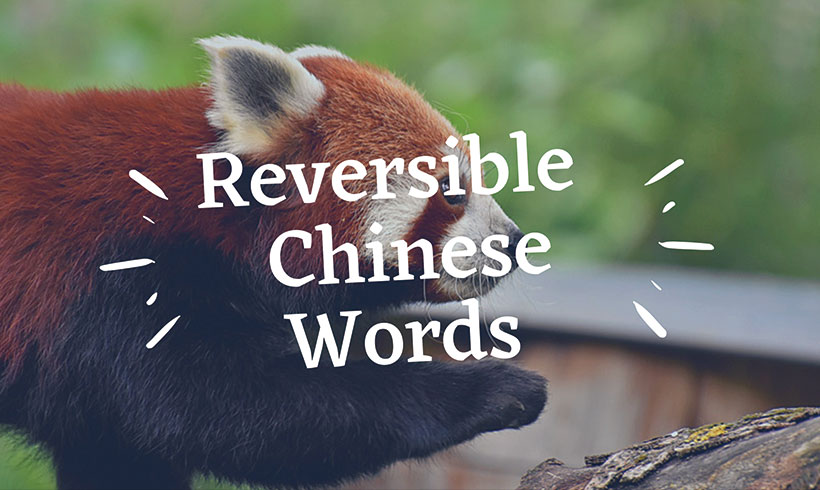
Reversible Chinese Words
Sometimes, you can create two different words by putting two of the same Chinese characters into a different order. In this article, we are going to take a look at 5 examples of reversible Chinese words. Same Characters, Different Meaning It’s believed that a Chinese learner should master around 3500 frequently-used Chinese characters to be able to […]

Chinese Exclamative Particles: 啊 a, 啦 la, 吧 ba
A modal or exclamative particle is an important grammatical concept in Chinese. Adding different exclamative particles at the end of your sentences can help you make your speech more vivid – and consequently, make conversations more effective. Using appropriate Chinese exclamative particles, combined with correct intonation, is an essential way to share your feelings with other people. In […]

Mandarin Chinese in the South and North
If you had a chance to talk to many Chinese locals, you might have noticed that people from different regions speak Chinese with different accents. Mandarin Chinese in the South and North can be slightly different sometimes. On one hand, it’s a relief – you don’t have to worry too much if don’t understand some […]

3 Ways to Use Chinese ‘Hao’ in Speech
Even if you started to learn Chinese yesterday, you must have already picked up the famous Chinese greeting which means “hello”: 你好 nǐ hǎo. Well, if we take a look at these two characters separately, it turns out that 你 nǐ means “you”, and 好 hǎo means “good”. As the literal meaning of 你好 nǐ hǎo is “you good”, it can be […]

4 Most Common Chinese Radicals
In this article, we will take a look at some of the typical and most common Chinese radicals. Importance of Learning Chinese Radicals Unlike in European languages, in Chinese, words are represented by characters. Statistically, there are around 3500 commonly-used Chinese characters. And from time to time, Chinese learners get “awe-struck” when facing some of […]

5 Chinese Habits That Puzzle Foreigners
Foreigners in China often experience a cultural shock, because some Chinese habits and ways of living are just beyond their understanding. For example, Chinese people’s passion for drinking hot water still remains a mystery to the outside world… In this article, we’re going to look at some of the habits Chinese people have that baffle foreigners. 1. Collecting plastic bags […]
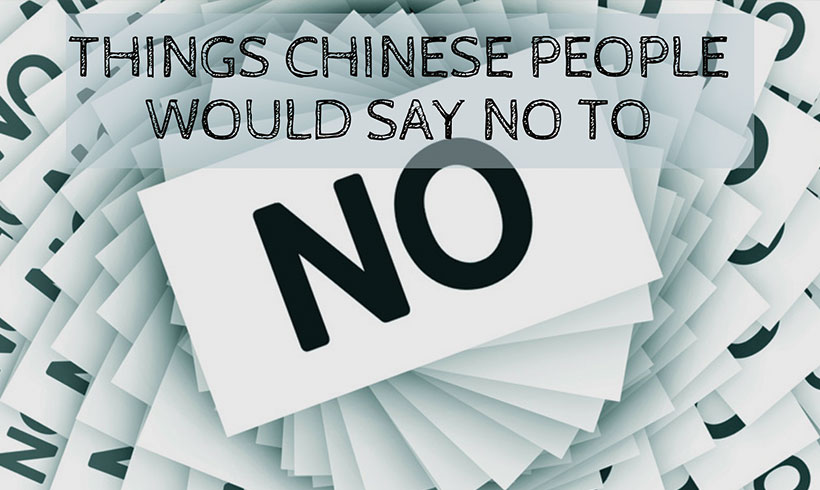
Things Chinese People Would Say No To
Every culture has its unique features, and people from different cultural backgrounds have different understandings of etiquette and manners. Nevertheless, the nuances in the understanding of etiquette and manners often have a direct impact on people’s daily life, which means people from different countries have their own definition of something being “acceptable” or “unacceptable”. Today […]


